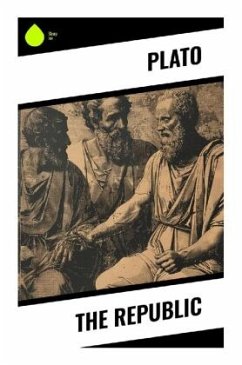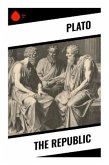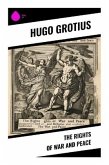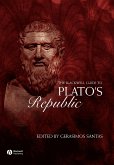In "The Republic," Plato delves into the nature of justice, the ideal state, and the philosopher-king's role in governance through a dialogue primarily between Socrates and various Athenian interlocutors. Employing an innovative blend of Socratic questioning and allegorical imagery, including the famous Allegory of the Cave, Plato critiques the moral and political landscape of his time while constructing a utopian vision that engages with essential philosophical issues. This work is foundational to Western philosophy, influencing political theory, ethics, and epistemology, and it is marked by a dialectical method that encourages deep reflection on the meaning of justice and the ideal society. Plato, a student of Socrates and a mentor to Aristotle, was profoundly shaped by the turbulent political climate of ancient Athens, particularly the trial and execution of Socrates. His own experiences with political oppression and the fleeting nature of power prompted him to seek an ideal society governed by reason and wisdom. "The Republic" emerges from these philosophical musings, serving as both a critique of contemporary governance and a blueprint for a more just society through the lens of his allegorical teachings. This seminal text is essential for anyone interested in philosophy, political theory, or ethics. Its timeless exploration of justice and the philosophical underpinnings of governance challenges readers to reflect on their own beliefs and the structure of their societies. A profound and engaging work, "The Republic" invites readers to not only consider the ideal state but also their role within it.
Bitte wählen Sie Ihr Anliegen aus.
Rechnungen
Retourenschein anfordern
Bestellstatus
Storno








